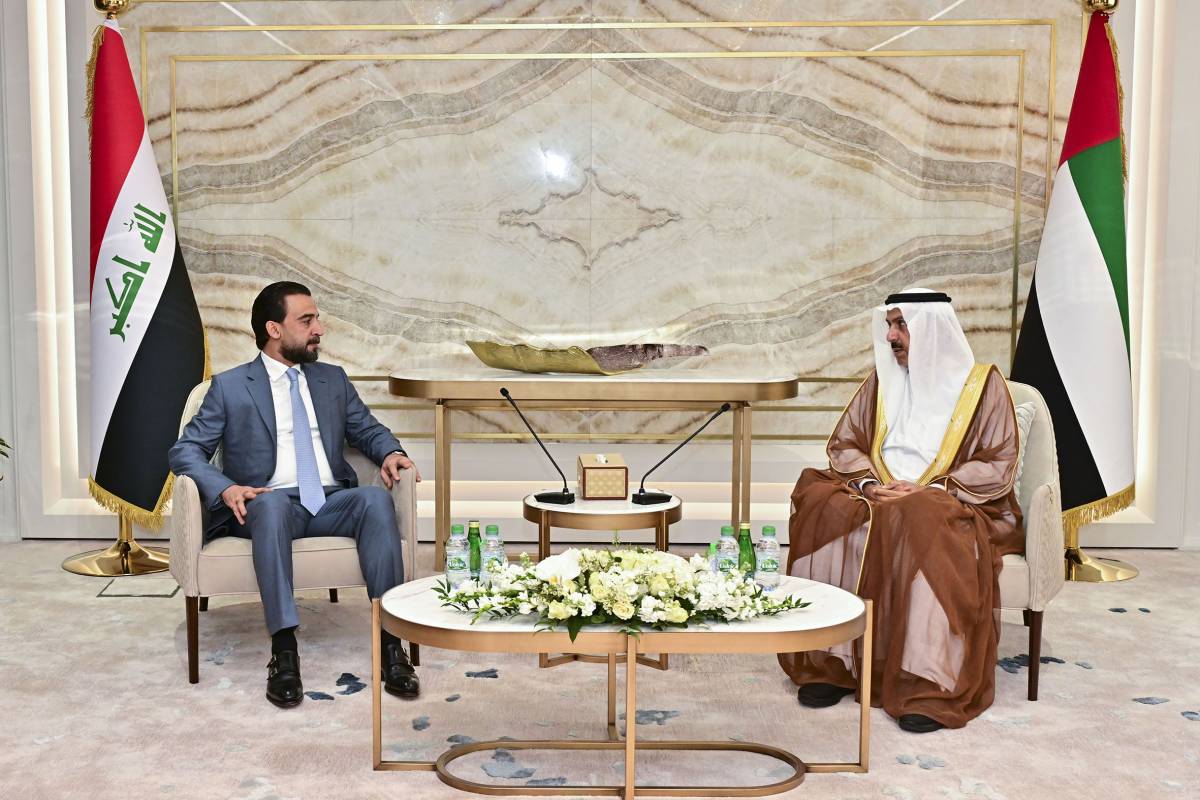Dr. Thani bin Ahmed Al-Zeyoudi, the United Arab Emirates' (UAE) Minister of State for Foreign Trade, recently underscored the UAE's desire to solidify its existing strategic partnership with Iraq. Al-Zeyoudi emphasized a particular interest in bolstering business and investment collaborations across various high-priority sectors.
This announcement comes amidst a period of warming relations between the two nations. The UAE has identified Iraq as a key partner in its economic diversification strategy, aiming to reduce dependence on hydrocarbon exports. Iraq, rich in natural resources and seeking reconstruction and development, presents a lucrative market for UAE expertise in infrastructure, logistics, and renewable energy.
Analysts believe this newfound emphasis on economic ties reflects a pragmatic approach by both countries. The UAE views Iraq as a strategic gateway to a wider regional market, while Iraq seeks foreign investment to rebuild its war-torn infrastructure and revive its economy.
There are existing areas of successful collaboration. Emirati companies are already involved in several major infrastructure projects in Iraq, including airport development and logistics facilities. The UAE has also played a role in supporting Iraq's reconstruction efforts following years of conflict.
However, there are also challenges to consider. Bureaucracy, political instability, and ongoing security concerns within Iraq could potentially hinder the progress of large-scale investment projects. Both nations will need to work together to establish a transparent and secure business environment to attract and retain Emirati investors.
Despite these potential roadblocks, experts remain optimistic about the future of UAE-Iraq relations. The economic benefits of closer cooperation are undeniable, and both governments appear committed to overcoming obstacles.
A recent visit by a high-level Iraqi delegation to the UAE, where they met with Al-Zeyoudi and other Emirati officials, further underscores this commitment. The discussions reportedly centered on identifying specific areas for collaboration in sectors like trade, investment, energy, and transportation.
The UAE has also taken steps to facilitate business ties by establishing a direct shipping route between Dubai and Iraqi ports. This move aims to streamline trade flows and reduce transportation costs, ultimately benefiting businesses in both countries.
While the full extent of this burgeoning partnership remains to be seen, the initial steps taken by the UAE and Iraq indicate a promising future for their bilateral relations. With a focus on mutual economic benefit and a commitment to overcoming existing challenges, this strategic partnership has the potential to unlock significant opportunities for both nations.

